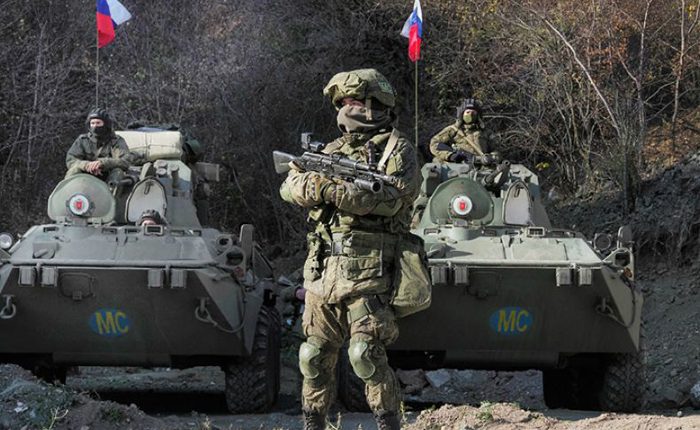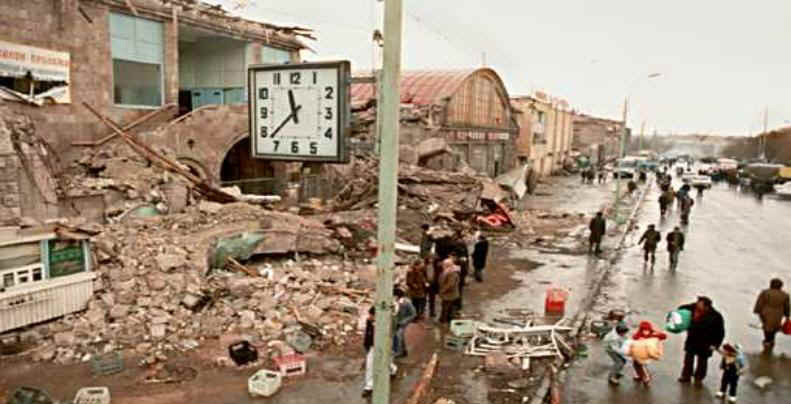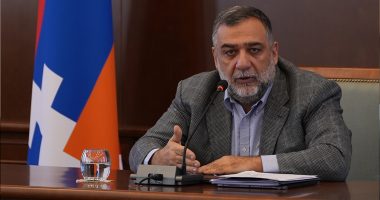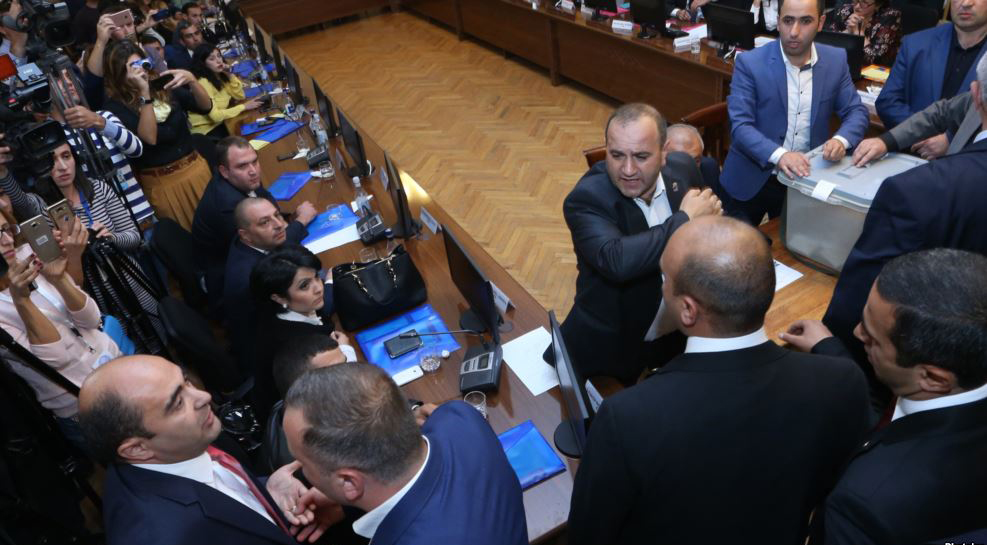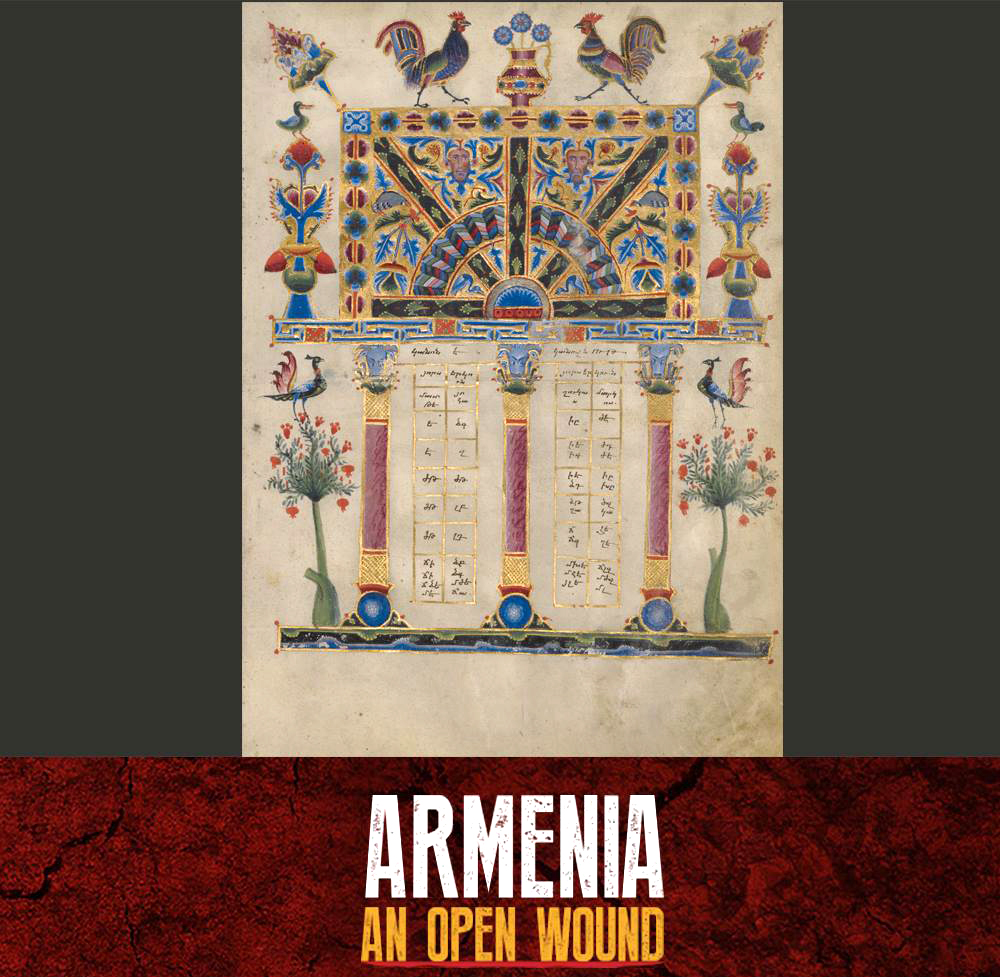By: K. KHODANIAN
For the first time, a high-ranking official of Armenia has vocalized a sentiment long held by many in Armenian society. Armen Grigoryan, the Secretary of the Security Council of the Republic of Armenia, stated: “When we were completely dependent on Russia, Russia came, took Nagorno Karabakh from us, returned it to Azerbaijan, then went back. This is the whole reality. I assert that Russia took Nagorno Karabakh.”
In response, several Russian government representatives attempted to counter Grigoryan’s words with unrelated and vague statements. One official claimed that Grigoryan’s remarks were offensive to the Armenian people. However, this sentiment rings hollow to Armenians who witnessed firsthand the events in Artsakh and felt the silent complicity of their presumed ally with their enemy.
Another Russian official suggested that Grigoryan should review the statements of Armenian politicians on the issue. However, which politicians and what statements remain unclear and ultimately irrelevant. If Moscow had a substantial answer, it should have provided clear examples and explanations of the steps it took to prevent the disaster in Artsakh.
Grigoryan’s assessment stems from the sequence of events following November 2020. Russian peacekeepers arrived in Nagorno Karabakh to protect the local population and implement the post-war agreements. However, they failed to act when Azerbaijani troops violated the cease-fire lines. When “environmentalists” blocked the road, the peacekeepers did not remove them. During the blockade that deprived Artsakh Armenians of food, medicine, and medical care, Russia remained a silent observer. When the Azerbaijani army installed a checkpoint on the Lachin Corridor, Russia did not even condemn it, despite their responsibility for the corridor’s operation and maintaining the connection between Artsakh and Armenia.
In September of last year, when Azerbaijan launched military operations against Stepanakert, the Russian army forced Artsakh authorities to agree to a ceasefire, hand over their weapons, and sign a document to dissolve the Republic of Artsakh. Finally, the Russian peacekeepers departed ingloriously, having completed the handover of Artsakh to Azerbaijan. This timeline of events is recent history, not a distant past that Moscow can avoid, regardless of how much it tries to shift the responsibility onto the Armenian side.
Today, the notion of a “century-old brotherhood” between Russia and Armenia that Moscow often speaks of has dissolved. The Armenian people are disillusioned by the Kremlin’s short-sighted policies. Eventually, Russia will realize that its alignment with Baku and Ankara has harmed its long-term geopolitical interests, costing it a reliable ally in Armenia and, more importantly, the support and trust of the Armenian people.
Grigoryan’s characterization is precise: “Russia came, took Nagorno Karabakh from our hands, returned it to Azerbaijan.”
“MASSIS”

